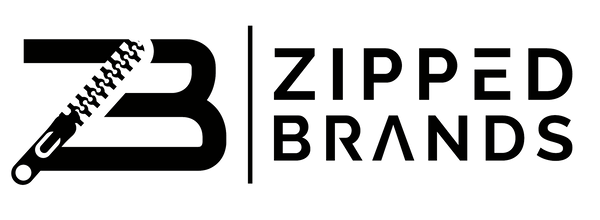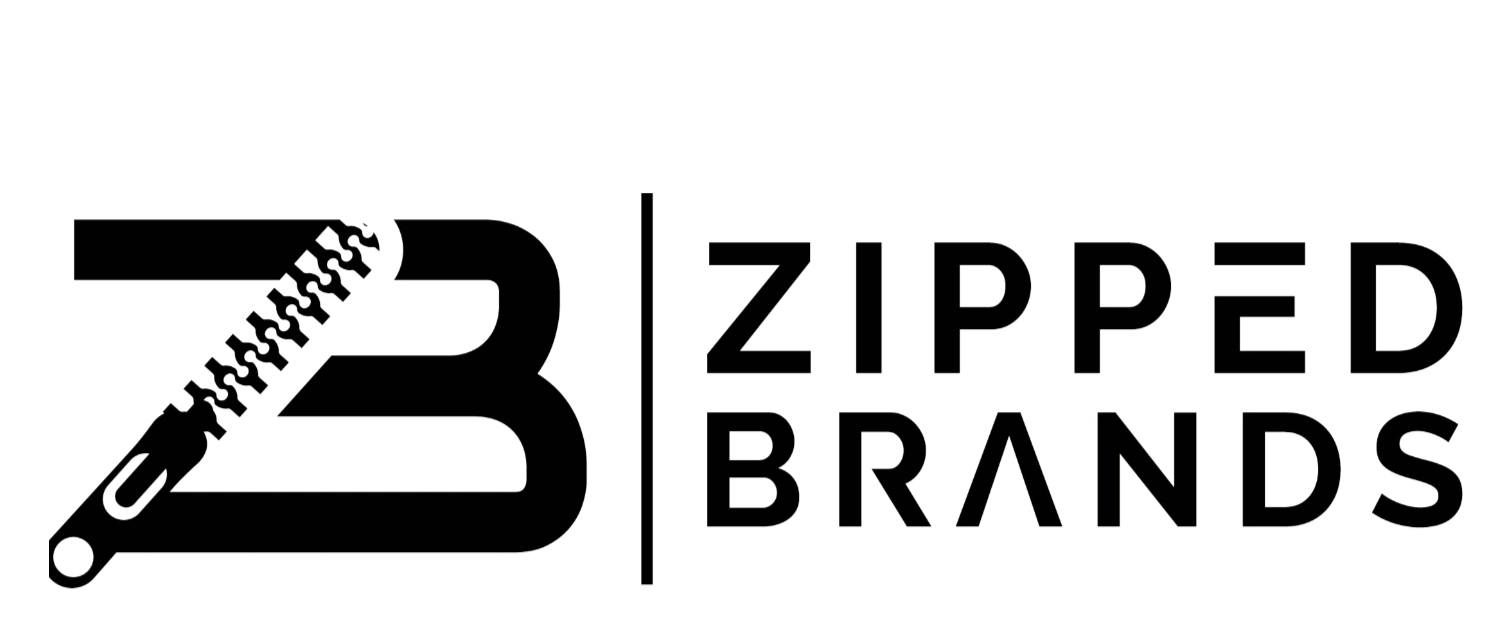Real Talk: Why Calling Us 'Differently Abled' Sucks
Compartir
Real Talk Tuesday | 5 min read
The uncomfortable truth nobody wants to say out loud
Last week, I got an email that made me want to throw my phone across the room (even though I literally can't). A well-meaning organization reached out about partnering with us to support their "differently abled community."
I sat there staring at those two words, feeling that familiar mix of exhaustion and frustration wash over me. Here we go again.
Listen, I get it. People genuinely want to be respectful - and that matters. But good intentions need to be paired with better understanding. I see them trying to move away from outdated, harmful language. But here's the thing "differently abled" isn't the progressive upgrade you think it is.
It's a linguistic Band-Aid on a much deeper problem.
We're not playing word games anymore
Let's be brutally honest: "differently abled" is just "disabled" with a bow tie on.
It's the same energy as calling someone "vertically challenged" instead of short, or "follically impaired" instead of bald. It's cutesy. It's patronizing. And frankly? It's insulting to our intelligence.
From a disabled person, here's what "differently abled" actually communicates:
- That being disabled is so terrible, we need a euphemism to make it palatable
- That disability is something shameful that needs to be dressed up in prettier language
- That our lived experiences can be sanitized for your comfort
Plot twist: We don't need you to make our reality sound nicer.
The real problem isn't the word... it's the mindset
The obsession with finding the "right" word reveals something deeper: society's fundamental discomfort with disability itself.
You're not fixing ableism by switching vocabulary. You're just moving the deck chairs around on the Titanic.
Here's what actually matters:
- Whether your building has accessible entrances
- Whether your hiring practices include disabled candidates
- Whether your products work for bodies like mine
- Whether you see us as whole humans, not inspiration p*rn
I'd rather you call me disabled and treat me with genuine respect than call me "differently abled" and still make me feel like an afterthought.
What disabled people actually want you to know
Most of us prefer the term "disabled." It's clear, it's direct, and it doesn't sugarcoat our experiences.
Here's why:
Disabled isn't a dirty word. It's a neutral descriptor of how my body interacts with a world that wasn't designed for me. I'm disabled by stairs, not by my wheelchair. I'm disabled by inaccessible websites, not by my brain.
"Person with a disability" works too. Some prefer person-first language. The key? Ask the individual what they prefer instead of assuming what's "most respectful."
What doesn't work: Any euphemism that sounds like it came from a corporate sensitivity training manual.
The language that actually hurts
While we're here, let's address the other phrases that make us cringe:
❌ "Suffers from [disability]" → I don't suffer from SMA. I live with it. There's a difference.
❌ "Confined to a wheelchair" → My chair gives me freedom, not confinement.
❌ "Despite their disability" → My accomplishments aren't miraculous because I'm disabled.
❌ "Special needs" → I need the same things everyone else needs: respect, opportunity, and unhealthy amounts of coffee.
Here's what better
1. Use the words we use for ourselves. Most disabled people say "disabled." Just follow our lead.
2. Focus on the barriers, not the person. Instead of "What's wrong with you?" try "What barriers can we remove?"
3. Get comfortable with disability. It's not a tragedy. It's not inspiration. It's just part of human diversity.
4. Ask, don't assume. "What terminology do you prefer?" is a perfectly acceptable question.
The bottom line
Your language matters, but your actions matter more.
I don't need you to find a prettier way to say I'm disabled. I need you to make your spaces, products, and mindset accessible.
I need you to hire disabled people, not just talk about us.
I need you to see my wheelchair as mobility equipment, not a symbol of tragedy.
I need you to understand that calling me "differently abled" doesn't make the stairs in your building any less impossible for me to climb.
Let's get real about inclusion
True inclusion isn't about finding the perfect euphemism. It's about recognizing that disabled people are complete humans who deserve the same opportunities, respect, and dignity as everyone else.
It's about building a world where a kid in a wheelchair can dream of becoming an entrepreneur and actually have the accessible infrastructure to make it happen.
It's about understanding that our disabilities aren't problems to be solved or tragedies to be overcome. They're part of who we are.
And honestly? That's pretty damn beautiful.
Your turn: What language have you heard that made you cringe? What terms do you wish people would stop using? Drop a comment.
P.S. - If you're a brand or organization reading this: We see you trying to be respectful with your language, and we appreciate the effort. But let's channel that energy into actual accessibility improvements too. Our community needs both words and action.


2 comentarios
I have always found it strange how uncomfortable people are with the word ‘disabled’. If someone has a disability, then they are by definition, disabled… Nothing wrong with calling it what it is… Glad I’m not alone in this, thanks for sharing!
While out for dinner, a young man with down syndrome was approaching tables asking for someone to play darts with him. I said heck yeah! And my daughter immediately said “she’s not going to let him win” I wouldn’t. Why would I? But we did have a fun game because I’m not really good at darts and he did try to cheat. Haha. I made a new friend and no one was trying to patronize him. We’re all the same in many ways and that’s what I focus on. Thank you for writing about your perspective.